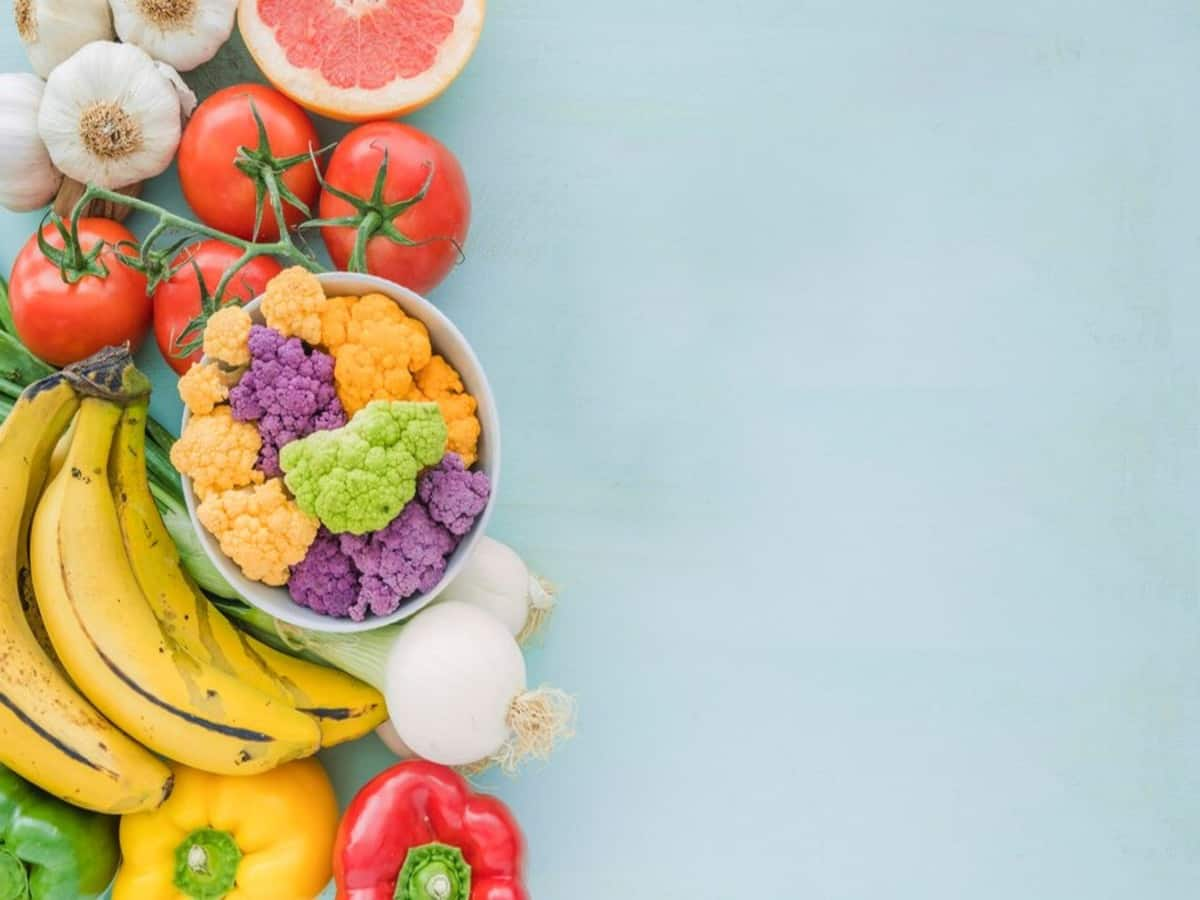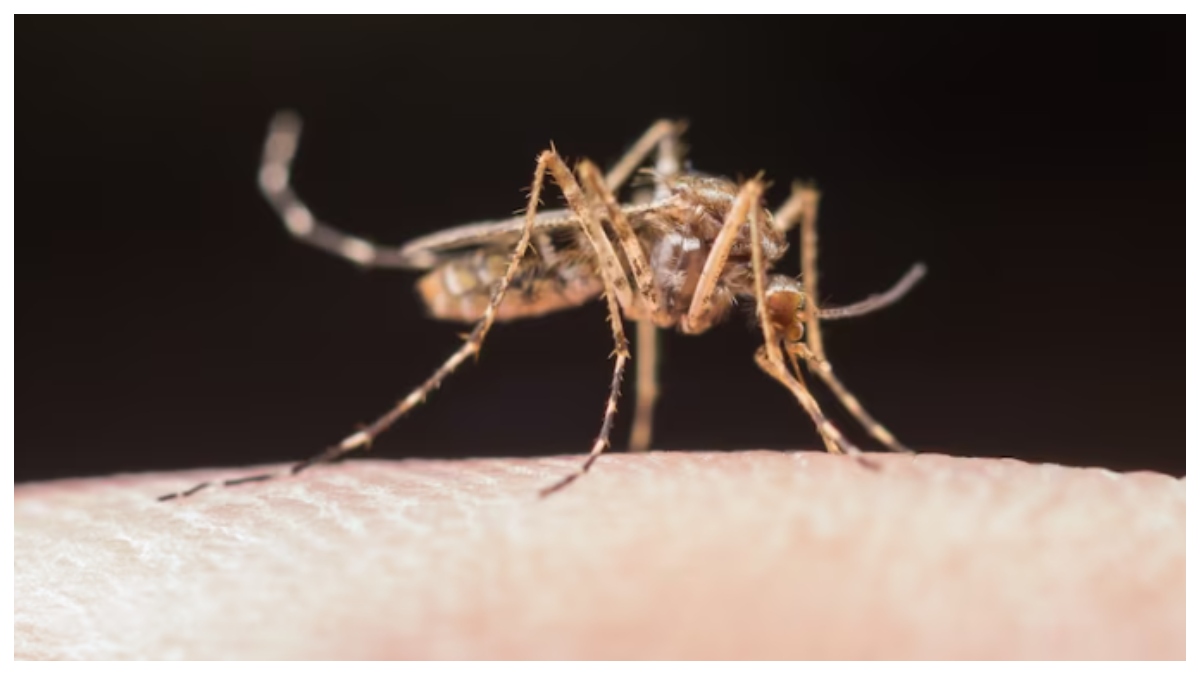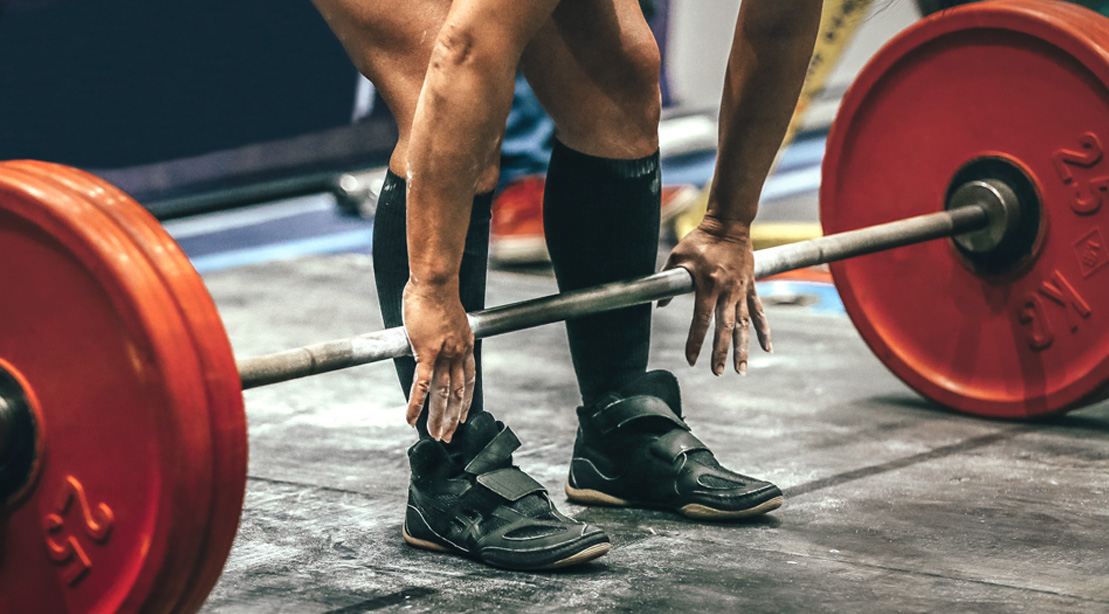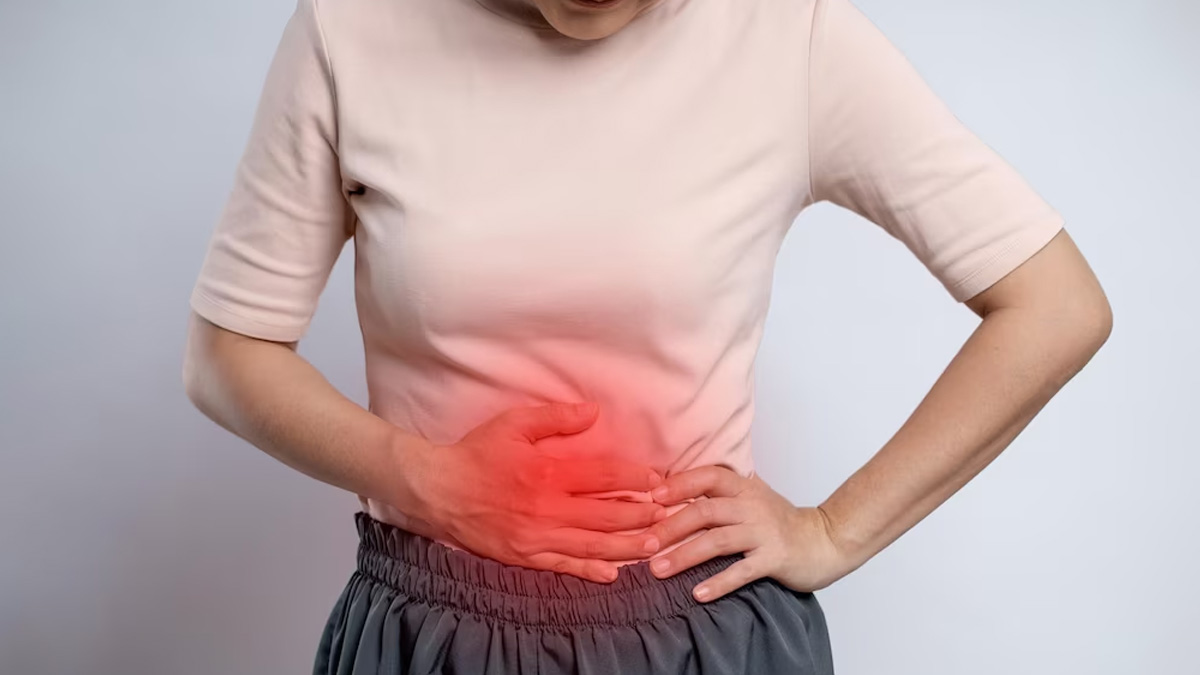

The appendix is a tiny, finger-shaped, almost four-inch-long tube that originates out from the colon or comes out of a part of the large intestine. When this small organ becomes inflamed or swollen, it may require to be removed surgically. The condition is called an appendicitis, which if not treated on time, can prove life-threatening.
With helpful insights from Dr Soumita Biswas, Chief Clinical Nutritionist, Aster RV Hospital, Bengaluru, not only will we learn the causes and symptoms of appendicitis, but we’ll also look into the kind of diet that is required to ensure speedy recovery.
Causes Of Appendicitis
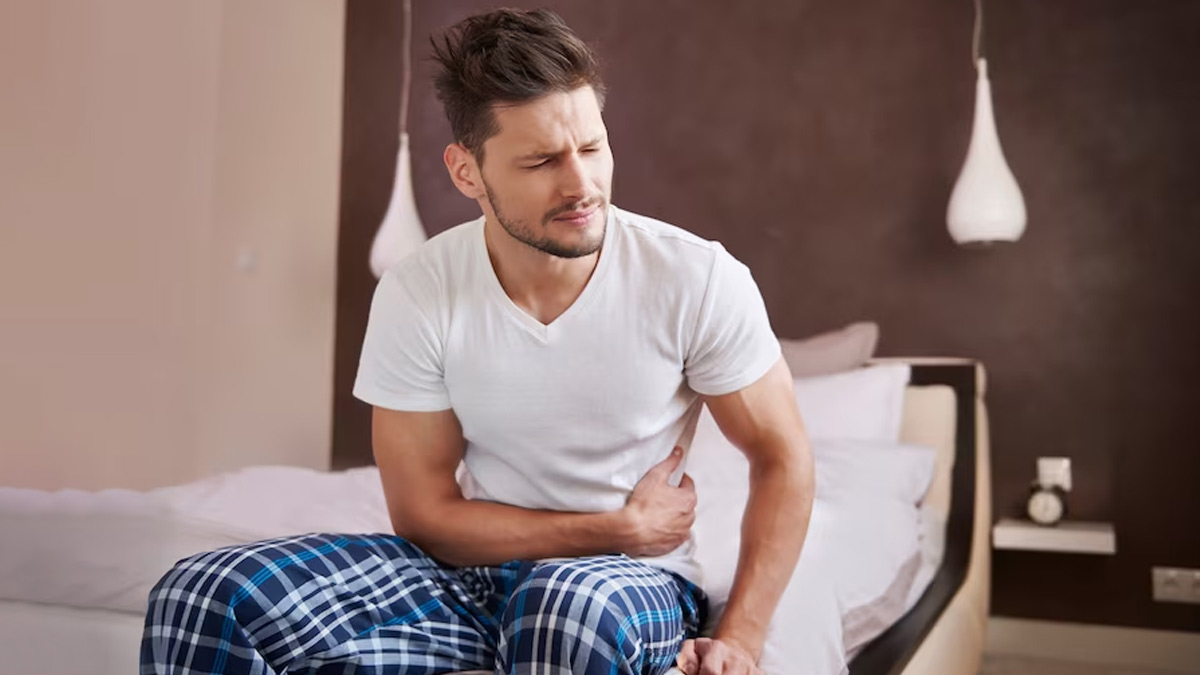
Appendicitis may be caused by a bacterial or a viral infection in the digestive tract, says Dr Biswas, adding that it can induce swelling of the lymph nodes, which in turn exerts pressure on the appendix and causes obstruction.
Explaining further, she says, “The pressure may restrict blood supply to the organ leading to inflammation, which may require surgical removal.”
Also Read: What Is Appendicitis? Here Are Its Signs, Causes And Treatment
If not treated on time, the appendix may lack enough blood supply, causing the organ to diet. It may burst or develop holes or tears , which can allow the stool, mucus, or an infection to leak through and inside the stomach, resulting in more serious infection, also called peritonitis.
According to research, published in the StatPearls Publishing, appendicitis is more prevalent among people aged 5-45, which is a mean age of 28.
“Males have a slightly higher predisposition to developing acute appendicitis than females, with a lifetime incidence of 8.6% and 6.7% for men, and women, respectively,” the research shares.
Symptoms Of Appendicitis
Here are some of the common symptoms of appendicitis:
- Sharp pain in the lower abdomen especially around the belly button
- Loss of appetite
- Difficulty in passing gas
- Persistent feeling of bloating
- Indigestion and nausea
- Abdominal swelling accompanied by low fever
Foods To Eat During Appendicitis

According to Dr Biswas, a healthy and balanced diet consisting of certain foods and nutrients can help manage the symptoms of appendicitis, facilitating easy digestion, and boosting appetite. Here are the foods to include in your diet:
High fibre diet
When it comes to digestive health, a high fibre diet is essential. Food items that are high on fibre and low in fat are easy to digest. These include fresh fruits, oats, boiled sprouts, and seeds, which can be cooked in minimum oil and spices. Some of the recipes shared by the doctor include upma, dalia and khichdi.
Ginger
Another beneficial ingredient that can help reduce appendicitis symptoms is ginger. A concoction of grounded ginger, honey and turmeric powder is known to have medicinal properties, which if taken twice a day can help with inflammation, nausea, and bloating, says Dr Biswas, adding, “Ginger is used in many Ayurvedic medicines because it has anti-inflammatory and detoxifying properties.”
Buttermilk or ‘chaas’
Buttermilk is said to be a detoxifying agent, which helps get rid of any bacterial growth in the appendix. Dr Biswas recommends preparing the drink at home “organically.
Vegetable juice
Vegetables are a rich source of essential nutrients and minerals that not only promote overall health but also play a significant role in alleviating symptoms of appendicitis. You can prepare fresh juices with cucumber, carrot, radish, beetroot, and coriander, which are not only refreshing, but great for your overall health.
Also Read: These Can Be The Reasons For Persistent Pain On The Left Side Of The Abdomen
Mint
Mint leaves are packed with vitamin A, which is a fat soluble nutrient that contains antioxidants and cooling properties. You can boil mint leaves in water and consume it thrice a day to reduce Irritable Bowel Syndrome (IBS) and soothe abdominal pain. This can help relieve symptoms of appendicitis, as per the doctor.
Fenugreek seeds
According to the doctor, fenugreek has medicinal properties, which is said to prevent the buildup of mucus and pus in the appendix. “Simply, add two tablespoons of fenugreek seeds in one litre of water and boil it for half an hour. After cooling, drink this concoction twice daily to lower the pain from appendicitis,” advises Dr Biswas.
Foods To Avoid During Appendicitis

Here are the foods you should avoid if you are battling appendicitis or are recovering from it:
Fried food
Foods prepared in excess oil and spices should be avoided by people suffering from appendicitis. These are difficult to digest, which is why they can worsen the painful symptoms.
Alcohol
Alcohol consumption affects the overall gut health by promoting the growth of microbes in the gut and weakening the digestive system. Intake of alcohol can also lead to inflammation of the appendix causing unbearable abdominal pain.
Sugar
Other than the natural sugar extracted from fruits, all other kinds of sugar are detrimental for a patient suffering from appendicitis, says Dr Biswas. According to her, refined or synthetic sugar can trigger diarrhoea and aggravate the appendicitis symptoms. These can be found in foods like chocolate, ice cream, and sweets, which should be avoided as much as possible.
Bottomline
Appendicitis can be a painful and distressing condition, which needs immediate medical supervision. An inflamed appendix needs to be removed surgically or can cause further complications. Furthermore, sincere attention needs to be paid to one’s diet and lifestyle. Do not indulge in foods high in fat and sugar. Instead, include fibre-rich, digestion and antioxidant-friendly foods.



















